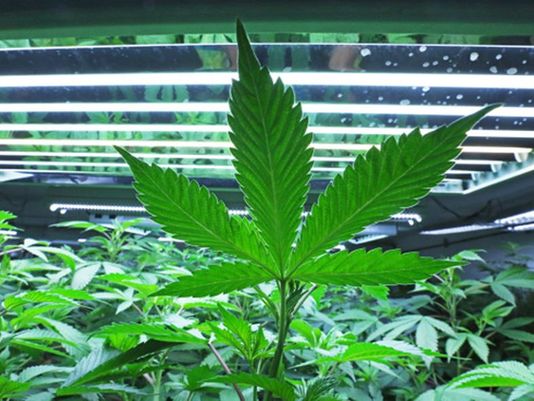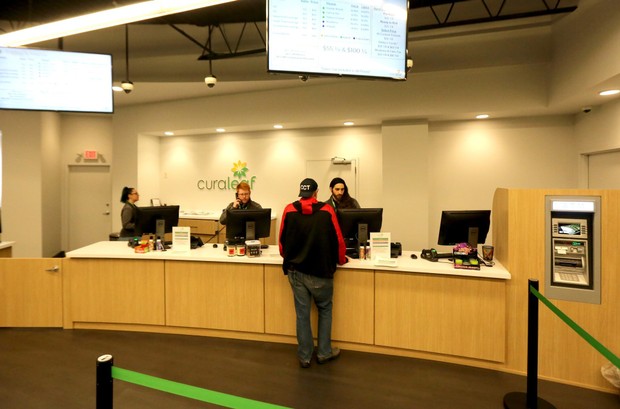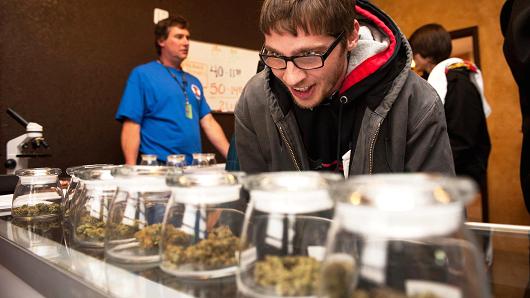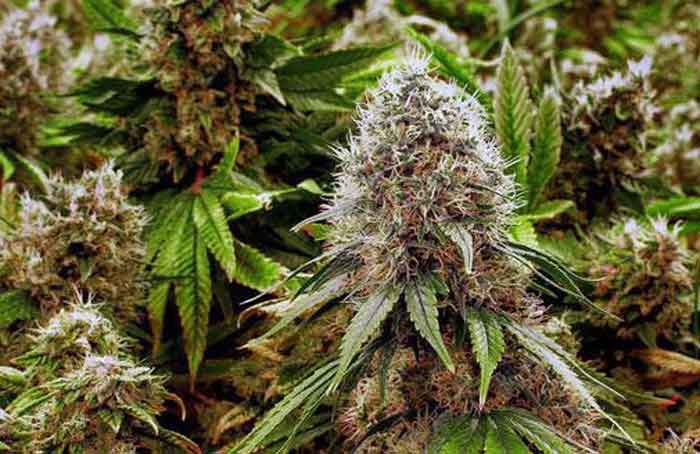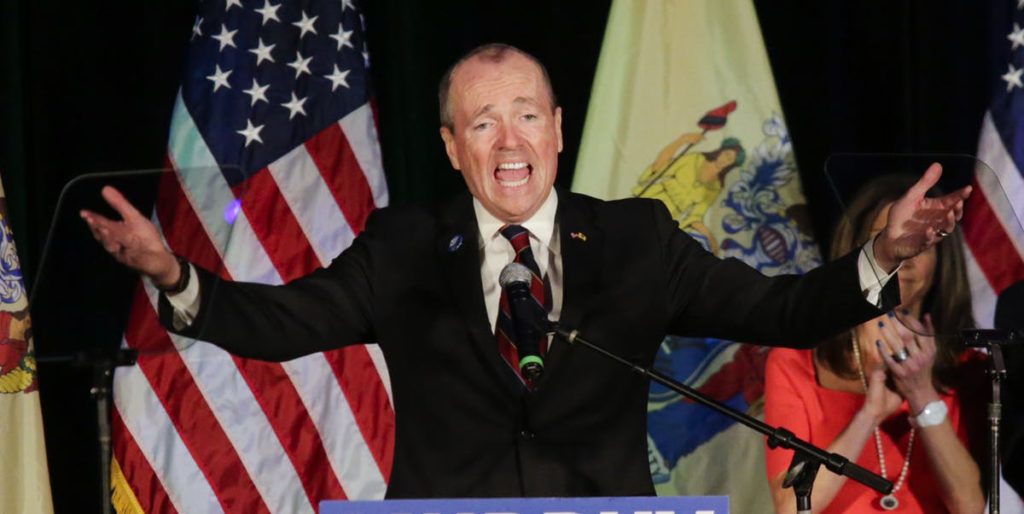ASBURY PARK – “Who is that guy,” one passerby asked.
In the minutes before his television appearance went live on News 12 New Jersey, Gov. Phil Murphy posed for photos with onlookers at the Asbury Park boardwalk. But not everyone knew who the tall, smiling semi-celebrity was.
“I think that’s the mayor,” one person said. A sparse crowd of around 20 passersby gathered around the “Ask Gov. Murphy” program, filmed live outside the Robinson Ale House and hosted by Eric Landskroner. Most stopped by for a few minutes before continuing a stroll along the boardwalk.
During the hour-long program, Murphy discussed looming legislative battles, such as the state budget and marijuana legalization, and took questions on lesser-discussed issues via phone calls and questions from the crowd.
Here are four takeaways from Murphy’s appearance on the television program:
He hopes to avoid a government shutdown
While it’s looking increasingly likely that the state is headed for its second government shutdown in as many years, as Murphy and top Democratic legislators spar over the budget, the governor said he was optimistic that a resolution would be reached.
“Nobody wants a shutdown, and that includes me,” Murphy said. “So with 12 days to go, I’m an optimist. And I continue to believe we’ll get to the right place. But we can’t get to averting a shutdown with just any budget.”
That declaration came hours after Murphy vowed to veto whatever budget proposal is sent to his desk by legislative leaders if it didn’t include the $1.7 billion in tax increases the governor has called for in order to send aid to underfunded school districts, contribute more to the state pension plan and subsidize community college tuition.
“We have to put permanent long-term funding streams in place to fund the revival and renaissance of the idle class. We must have that. “That must be part of any budget and, if it’s not, I’m not going to sign it,” he said.

Credit: www.app.com
Legislators don’t want to institute Murphy’s proposed tax increase on millionaires or increase the sales tax to 7 percent. The sales tax rate was 7 percent until this year, part of a 2016 compromise between Senate President Stephen Sweeney, D-Gloucester, and former Gov. Chris Christie that also increased the state gasoline tax rate.
Murphy called the sales tax cut a “gimmick” and said reverting it to 7 percent would be a “modest cost for a middle-class family, and we’re going to invest multiples of that back into the family.”
Sweeney has called for a corporate business tax increase, levied at different rates depending on a company’s revenue and phased in over two years.
Finer details of NJ marijuana legalization
The push for legal weed in New Jersey has hit the predictable legislative stumbling block. In order to block some legislators’ opposition to legal marijuana, Sen. Nicholas Scutari, D-Union, has introduced a bill combining a popular bill to expand the state’s medical marijuana program with the measure to legalize and regulate marijuana for recreational purposes.
But the issues go beyond legalization alone. One onlooker, an Asbury Park resident, suggested that an increased medical marijuana program could curb overdose deaths, especially if more doctors prescribe the drug instead of opioids.
“I am in violent agreement with you,” Murphy said. “They dispense Oxycontins like M&Ms. To have (marijuana) as an alternative would be a huge weapon in that fight.”
But even with expanded medical marijuana, one particular group of people would be prevented from gaining such a prescription — law enforcement officers, as raised by a South Brunswick resident watching Murphy’s appearance on the boardwalk.
“It’s something we’re aware of. We know it’s a problem,” Murphy said, but admitted that the finer details of marijuana legalization was one reason for the lengthy process. “It’s not enough to do it, but to do it right.”
Trenton shooting: Work with city, weaken gangs
Early Sunday morning, gang violence erupted at the overnight Art All Night festival in Trenton. Seventeen people were injured by gunfire and one suspect, Tahaij Wells, was killed in the exchange.
Asked about what comes next, Murphy said gun safety was among the most important issues to tackle. He also encouraged social programs to deter young people “from a gang path into something constructive, and I believe in that. Murphy also addressed reporters Sunday after the shooting, which you can watch below.
A minimum wage for tipped employees should be increased
While the minimum wage in New Jersey is $8.60 per hour, that only applies to employees who are not tipped at their jobs. Restaurant servers and bartenders are instead paid the federal minimum wage of $2.13 per hour.
“We’re not asking to get rich, we’re just asking to make a living,” said Scott, a waiter from North Plainfield. New Jersey is one of 18 states that only require businesses to pay tipped employees the federal minimum wage. Other states require businesses to pay the state minimum wage. Murphy admitted that he’s focused most of his efforts “banging the table” on raising the non-tipped minimum wage, but said he’d look at it as minimum wage discussions continue.
“We’ve spent most of our energy getting the $8.60 up to $15 per hour,” Murphy said. “But you are right that there’s a disparity. It looks pretty stark.”
Credit: www.app.com



